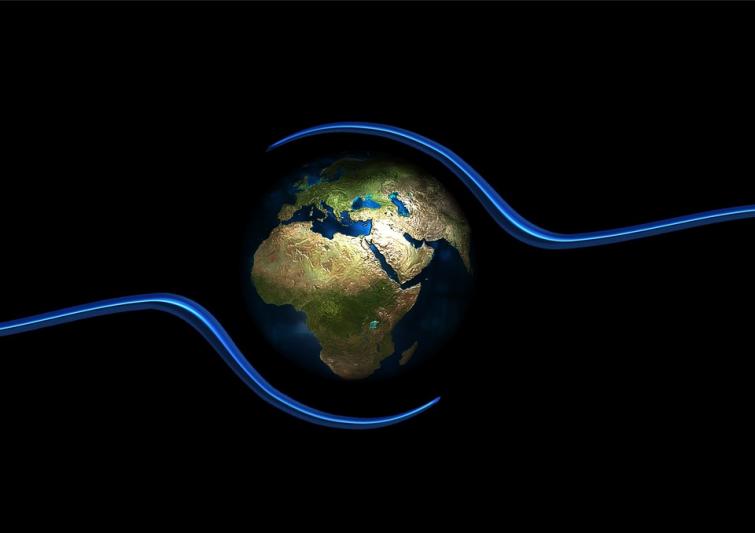
What will rising temperatures mean for the future of work?
Melbourne, Feb 1 (IBNS): A University of Sydney expert will urge for the future of work debate to be re-framed in the face of climate change at the Sydney Environment Institute's inaugural Iain McCalman Lecture on 6 February.
Debates around the future of work need to focus less on automation and more on the future of the planet, a University of Sydney expert will argue at The Iain McCalman Lecture.
Dr Frances Flanagan from the University of Sydney will deliver the inaugural lecture presented by the Sydney Environment Institute, recognising the contributions of one of Australia’s greatest historians and co-director of the Institute, Professor Iain McCalman AO.
Professor Iain McCalman AO. Image credit: Kitty Chan.
In the lecture, titled ‘Climate change and the new work order’, Dr Flanagan will draw on her research to argue we need to grapple with climate change and late capitalism together if we are to meet the challenges that both pose.
“Whether it be school students striking for climate change action or the latest IPCC report, the world is calling out for collective action to minimise a catastrophic climate breakdown,” Dr Flanagan will explain.
By 2030 over 24 million jobs will be created by virtue of renewable industries, while 6 million will be lost from the cessation of fossil fuels.
Dr Flanagan, a Sydney Fellow in Work and Organisational Studies affiliated with the University’s Sydney Environment Institute and Sydney Policy Lab, will draw on stories from workers across Australia to contend that essential work, categorised by stewardship and renewal, should be a key part of the future of work debate.
A Brisbane woman who loves to care for and teach young children, whose wage is so low that she cannot afford to have children of her own.
A Kuninjku man in Arnhem Land who used to burn his country according to customary practice. His burning meant hot fires that feed off uncropped grass were less common. Since 2015, government policy changes mean he must now engage in ‘work-like activity’ (which doesn’t include caring for country).
In rural NSW, a regenerative farmer who knows how to read the landscape, measures his success by the levels of animal health, species diversity, and nutrient and water cycling on his property. The soils on his farm are healthy and resilient, but to get them that way he had to change everything he was taught about best practice industrial farming over two decades.
“These people do work that is the opposite of what anthropologist David Graeber called ‘bullshit jobs’. Their work is environmental, not just in the narrow sense of being low-carbon emitting or in boosting biodiversity, but because it is essential to the sustainability of human and environmental systems,” Dr Flanagan will argue.
“There is a deep perversity in our current order of work, that places so many obstacles in the way of people who are performing the work that is most crucial to a flourishing planet and society.”
Professor Iain McCalman will retire as Co-Director of the Sydney Environment Institute this year. Throughout his career as an historian and research professor, he published broadly on environmental topics spanning Charles Darwin’s sea voyages and the Great Barrier Reef.
Professor David Schlosberg and Michelle St-Anne, Co-Director and Deputy Director of the Institute, said, "Iain has dedicated his career to fostering multidisciplinary collaboration and encouraging a wider conversation about environmental issues, and yet, he consistently makes time for mentoring early career researchers and young scholars."
“He has always understood the fight for a better future is one that not only scientists but also humanities scholars must take up,” added Dr Flanagan.
Support Our Journalism
We cannot do without you.. your contribution supports unbiased journalism
IBNS is not driven by any ism- not wokeism, not racism, not skewed secularism, not hyper right-wing or left liberal ideals, nor by any hardline religious beliefs or hyper nationalism. We want to serve you good old objective news, as they are. We do not judge or preach. We let people decide for themselves. We only try to present factual and well-sourced news.







